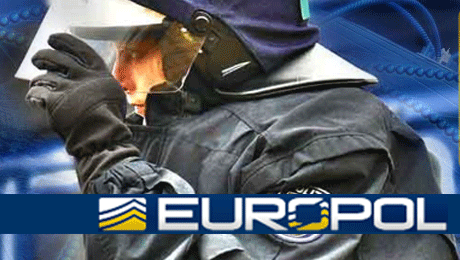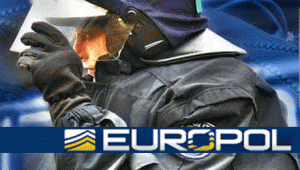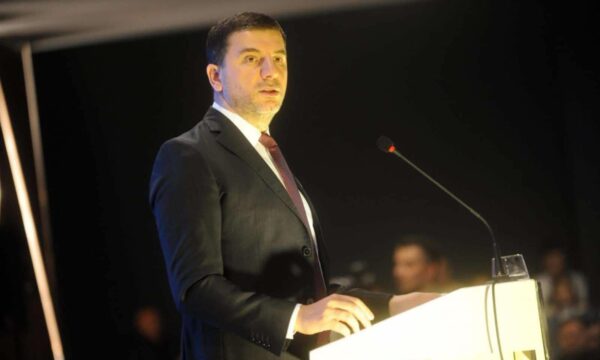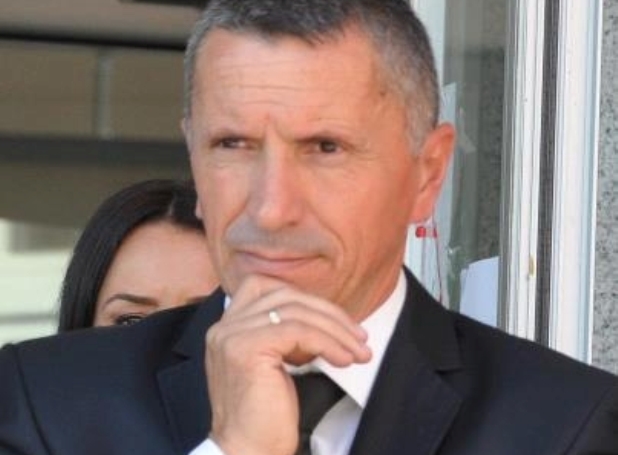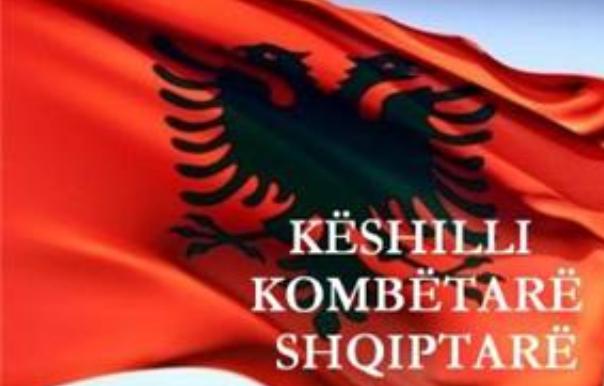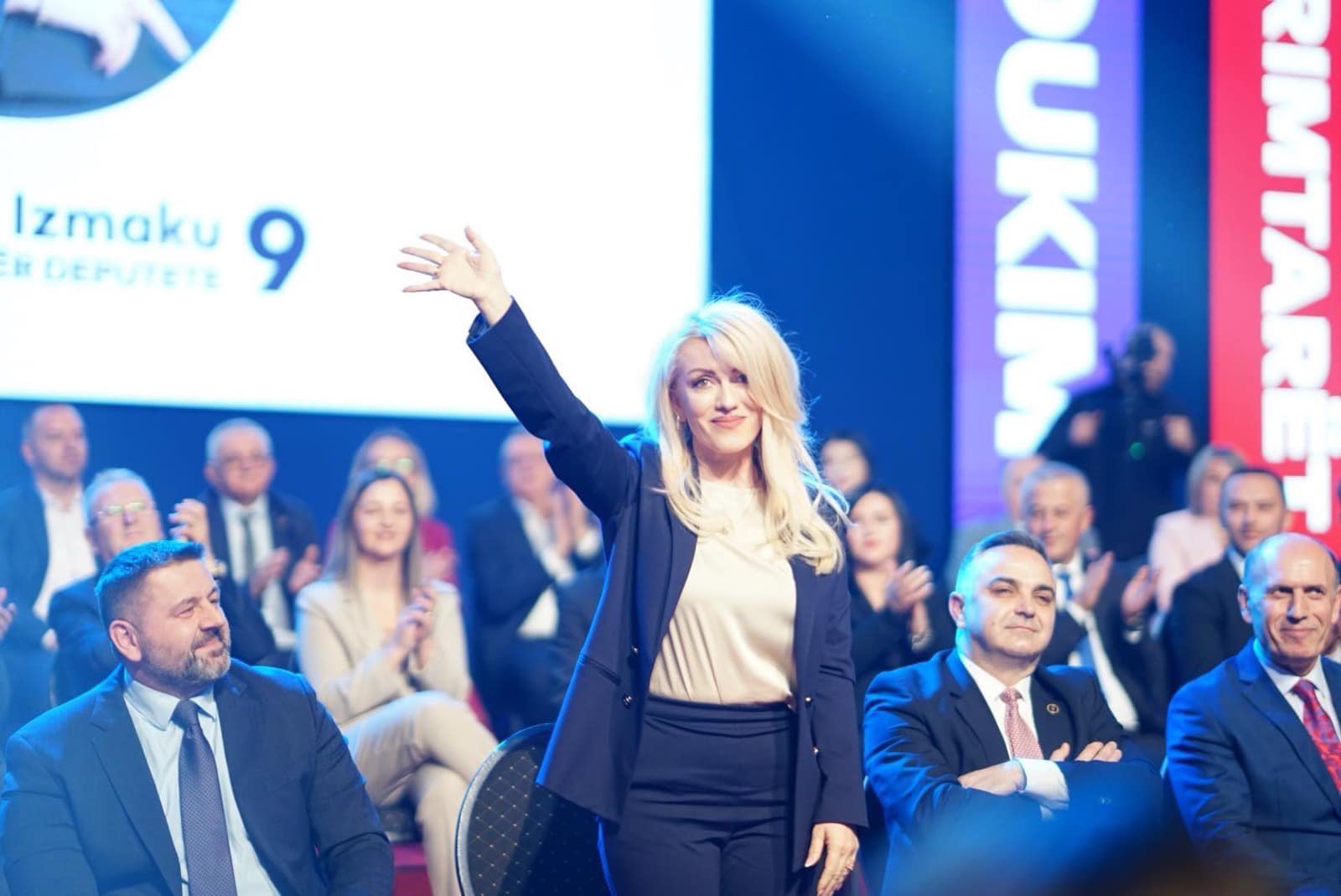Fifty-two countries and four international organisations teamed up with Europol to deliver a major blow to organised crime groups operating across the European Union and beyond. Cooperation with partners from the private sector was also key to this successful operation.
Focussing on disrupting the most dangerous criminal networks currently active, investigators put an emphasis on cases related to facilitated illegal immigration, trafficking in human beings (THB), drug trafficking (cocaine, heroin and synthetic drugs) and cybercrime (payment card fraud – Global Airport Action Day).
Law enforcement officers in the field were supported 24/7 from an operational coordination centre located at Europol’s headquarters in The Hague. Here, Europol officers, liaison officers and national experts from the participating countries, working with specialists from other international partners, offered fast and smooth information exchange using Europol’s secure channels, and constantly analysed intelligence gathered.
Simultaneously, 16 Europol specialists were deployed on the spot in several countries across the world. From there, they worked hand-in-hand with investigators to provide forensic support, analytical reports and live crosschecks against Europol’s databases.
![]() During the actions, law enforcement checks related to THB targeted red-light districts, brothels, massage parlours, private apartments, airports and immigration reception centres. The nationality of the identified victims of human trafficking, and the suspects arrested during the operations, confirmed that trafficking networks originating in Nigeria, Asia and Eastern Europe are the most active in the EU.
During the actions, law enforcement checks related to THB targeted red-light districts, brothels, massage parlours, private apartments, airports and immigration reception centres. The nationality of the identified victims of human trafficking, and the suspects arrested during the operations, confirmed that trafficking networks originating in Nigeria, Asia and Eastern Europe are the most active in the EU.
In one case, Austrian authorities discovered a cannabis plantation while performing checks at a brothel to identify potential victims of sexual exploitation. The officers ordered the closure of the premises, which was being run as an illegal brothel, and a new investigation was initiated.
In another case, Europol was able to establish links between a payment card fraud case and a case on facilitating illegal immigration. This information was forwarded to colleagues from the European Border and Coast Guard Agency (Frontex) based at an airport in Athens, Greece. Following the lead provided by Europol, the officers intercepted four irregular migrants who were intending to travel to Italy. Four forged passports and four fraudulently-purchased flight tickets to Italy were found on them, and the individuals were arrested.
Also, a fake travel agency was discovered in Greece that was facilitating the trafficking of human beings and illegal immigration. The successful result was based on analysis of Europol information, notifications from airlines and the proactive approach of Greek police.
In addition, intelligence collected during the operations triggered the initiation of 449 new investigations.
Figures at a glance:
- 314 suspects arrested, of which 193 in relation to cybercrime, 72 for trafficking in human beings, 31 for facilitation of illegal immigration and 18 for drugs trafficking;
- 529 human trafficking victims identified;
- 745 migrants intercepted;
- 2.38 tonnes of cocaine seized;
- EUR 181 550 seized;
- 541 423 entities (individuals and vehicles) checked;
“Countries and organisations across the globe working together as one entity is the modern response to borderless serious and organised crime. As an immediate result, some 314 suspects have been arrested. This project will also produce effects in the long term, as over 440 new investigations have been initiated. On behalf of Europol and its staff, I would like to congratulate all parties involved in Operation Ciconia Alba,” said Rob Wainwright, Director of Europol.
Alongside all the EU Member States, 24 non-EU countries participated in the joint action days: Albania, Australia, Brazil, Canada, Colombia, Ecuador, the former Yugoslav Republic of Macedonia, Iceland, Indonesia, Hong Kong, Malaysia, Mexico, New Zealand, Nigeria, Norway, Panama, Qatar, Philippines, Serbia, Singapore, Switzerland, Thailand, United Arab Emirates, United States of America.Interpol, Eurojust, Frontex, and the Maritime Analysis and Operations Centre – Narcotics (MAOC-N) also took part in the actions.

